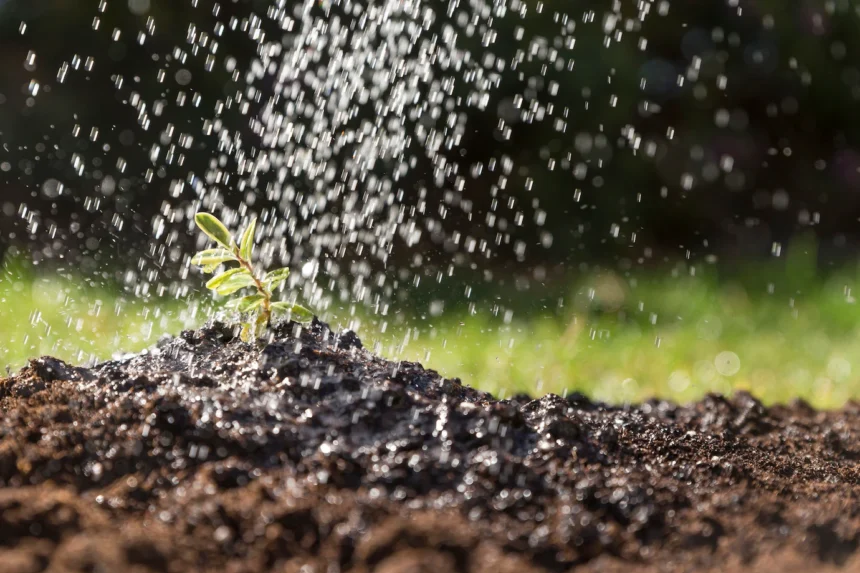- Water scarcity:
South Africa is a country prone to droughts and water scarcity issues. Rainwater harvesting provides a reliable and independent source of water for farmers, ensuring they have a consistent water supply for their agricultural activities, even during dry periods. - Cost savings:
By investing in rainwater harvesting systems, farmers can reduce their reliance on expensive municipal or groundwater sources of water. Collecting and utilizing rainwater can significantly lower water bills, leading to long-term cost savings. - Environmental sustainability:
Rainwater harvesting is an environmentally friendly practice that promotes sustainable water management. By using rainwater instead of relying solely on groundwater or surface water sources, farmers can help conserve natural resources and reduce the strain on local ecosystems. - Crop irrigation:
Adequate water supply is essential for crop irrigation. Rainwater collected through harvesting systems can be used for irrigation purposes, ensuring that crops receive the necessary hydration for optimal growth and yield. It also helps farmers maintain control over the quality of water used for irrigation. - Drought resilience:
In the face of climate change and unpredictable weather patterns, rainwater harvesting offers farmers a means to build resilience against droughts. By storing excess rainwater during wet seasons, farmers can create a buffer against water scarcity during dry spells, ensuring their operations can continue without interruption. - Improved water quality:
Rainwater is typically cleaner and purer than other water sources, such as groundwater. By investing in rainwater harvesting systems, farmers can access a higher quality water supply for their agricultural needs, reducing the risk of contaminants that may affect crop health and quality. - Increased self-sufficiency:
Rainwater harvesting enables farmers to become more self-sufficient in terms of water supply. By collecting rainwater on their own property, they are less reliant on external sources and can maintain their farming operations even if there are disruptions or restrictions on municipal water supplies. - Reduced erosion and flooding:
Harvesting rainwater helps to manage stormwater runoff effectively. By capturing rainwater from rooftops, surfaces, or catchment areas, farmers can prevent soil erosion and reduce the risk of flooding on their land, promoting healthier soil conditions and preserving valuable topsoil. - Livestock watering:
Rainwater harvesting is not limited to crop irrigation but can also be used to provide water for livestock. Farmers can collect and store rainwater in tanks or reservoirs, ensuring a clean and reliable water source for their animals, promoting their health and well-being. - Government incentives and support:
Many governments recognize the importance of rainwater harvesting for sustainable agriculture. In South Africa, various programs, subsidies, and incentives may be available to support farmers in implementing rainwater harvesting systems. By taking advantage of these opportunities, farmers can reduce the initial investment costs and enjoy additional benefits.
It’s important to note that the specific benefits and incentives may vary over time, so farmers should research the latest policies and programs available to them.
Join 'Farmers Mag' WhatsApp Channel
Get the latest Farming news and tips delivered straight to your WhatsApp
CLICK HERE TO JOIN






